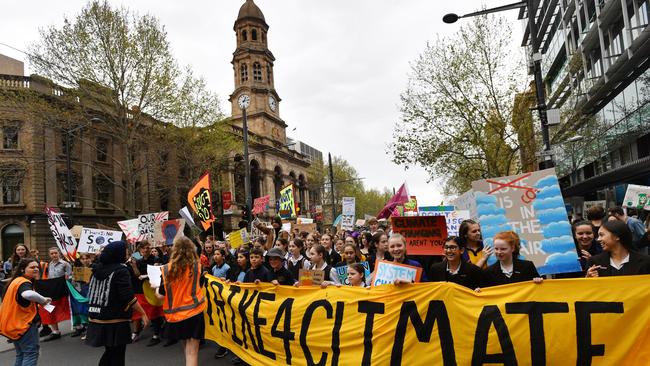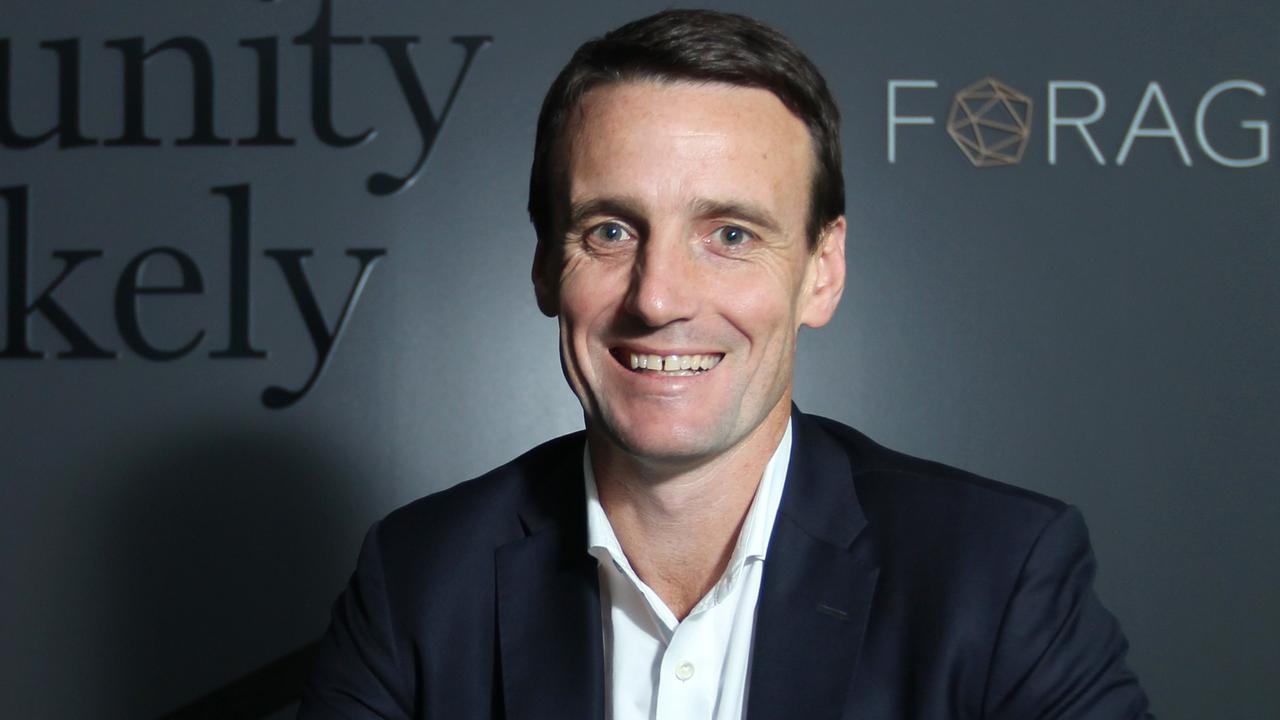‘Stealth’ divestment of stocks not a benefit
A report also calls for more transparency from super funds on exactly which stocks are being sold and why.

Australian superannuation funds seeking credit for dumping carbon intensive stocks could do better by engaging with the company before selling, according to a new report from the Australasian Centre for Corporate Responsibility.
The report also called for more transparency from the funds on exactly which stocks were being sold and why.
The ACCR report raises the bar for super funds seeking gains from dumping high carbon stocks but also raises dangers in too much transparency hurting trading performances.
The report comes after Blackrock chief Larry Fink said “engagement is critical in getting companies to change their behaviours”.
Superannuation funds like AustralianSuper, Hesta, Aware and Cbus have said they will be carbon net neutral. But the ACCR report said: “They are executing these commitments in stealth — quietly implementing a divestment strategy that has not delivered real world emissions reductions.
“Superannuation companies must play a more active role in engagement with the companies they are invested in prior to any divestment … One of the most important aspects of divestment is the signalling to other companies and investors. To date, divestment decisions by Australian investors have not had as much impact as they could have had, had they been transparent about the conditions which would result in an escalation to divestment, prior to the act itself.”
The ACCR noted: “Very few Australian listed companies have set Paris-aligned emissions reduction targets. It is clear that years of polite conversations behind closed doors have failed to produce the results many investors have long promised. It is increasingly urgent that investors be accountable to their members and peers about the tools they are committed to using to engage with investee companies.
“This should also involve speaking clearly about the tools of engagement that are not being used. Institutional investors must be prepared to allocate capital to climate solutions, from renewable energy to energy efficiency and emerging technologies.”
The report noted: “It is particularly important that capital divested from fossil fuels or emissions intensive companies is redirected to climate solutions.”
Recent studies have foreshadowed widespread future negative economic impacts in Australia of a failure to act decisively on climate change. The Australia Institute estimated the potential cost at $131bn per year, while Deloitte Access Economics estimated a total of $3.4 trillion in GDP losses by 2070.
The ACCR said just six funds report weighted average carbon intensity — Australian Ethical, Catholic Super, Cbus, Local Government Super, Sunsuper and Vision Super.
It added just five Australian super funds report the actual carbon footprint of their listed equities portfolios, including BT Financial, Commonwealth Super Corp, Local Government Super, Sunsuper and Vision Super.
According to a report by the Australian Council of Superannuation Investors, just 60 per cent of ASX 200 companies disclose all their operational emissions.
The report said Scope 3 emissions, which are those from their customers, often outweigh those emitted internally.
For example, Santos and Woodside Petroleum’s Scope 3 emissions are approximately four times the size of their operational emissions.
BHP’s Scope 3 emissions are more than 35 times the size of its operational emissions, it added.
The report also noted while companies like BHP claim credit for reductions due to asset sales the same assets continue to produce carbon.




To join the conversation, please log in. Don't have an account? Register
Join the conversation, you are commenting as Logout